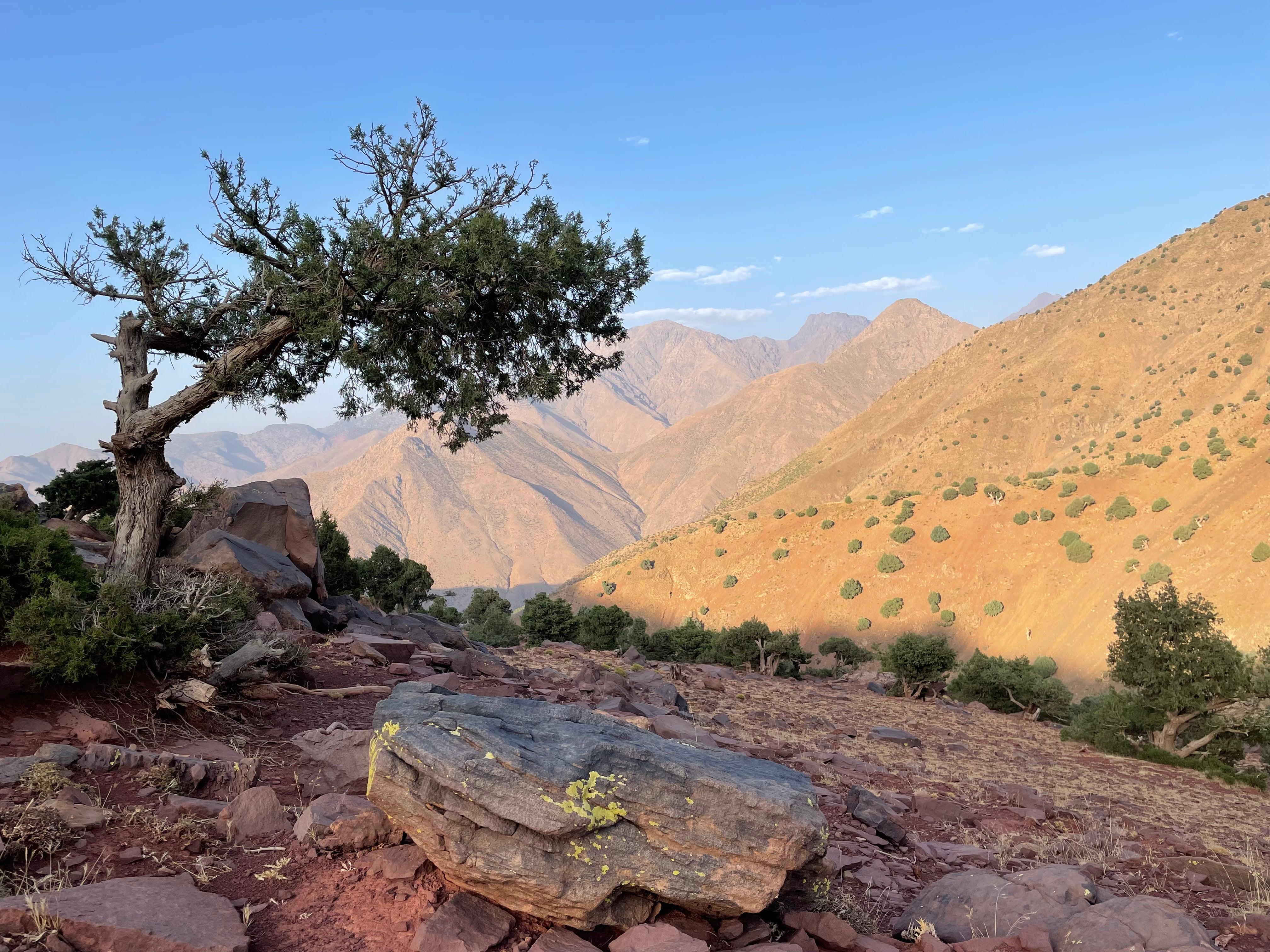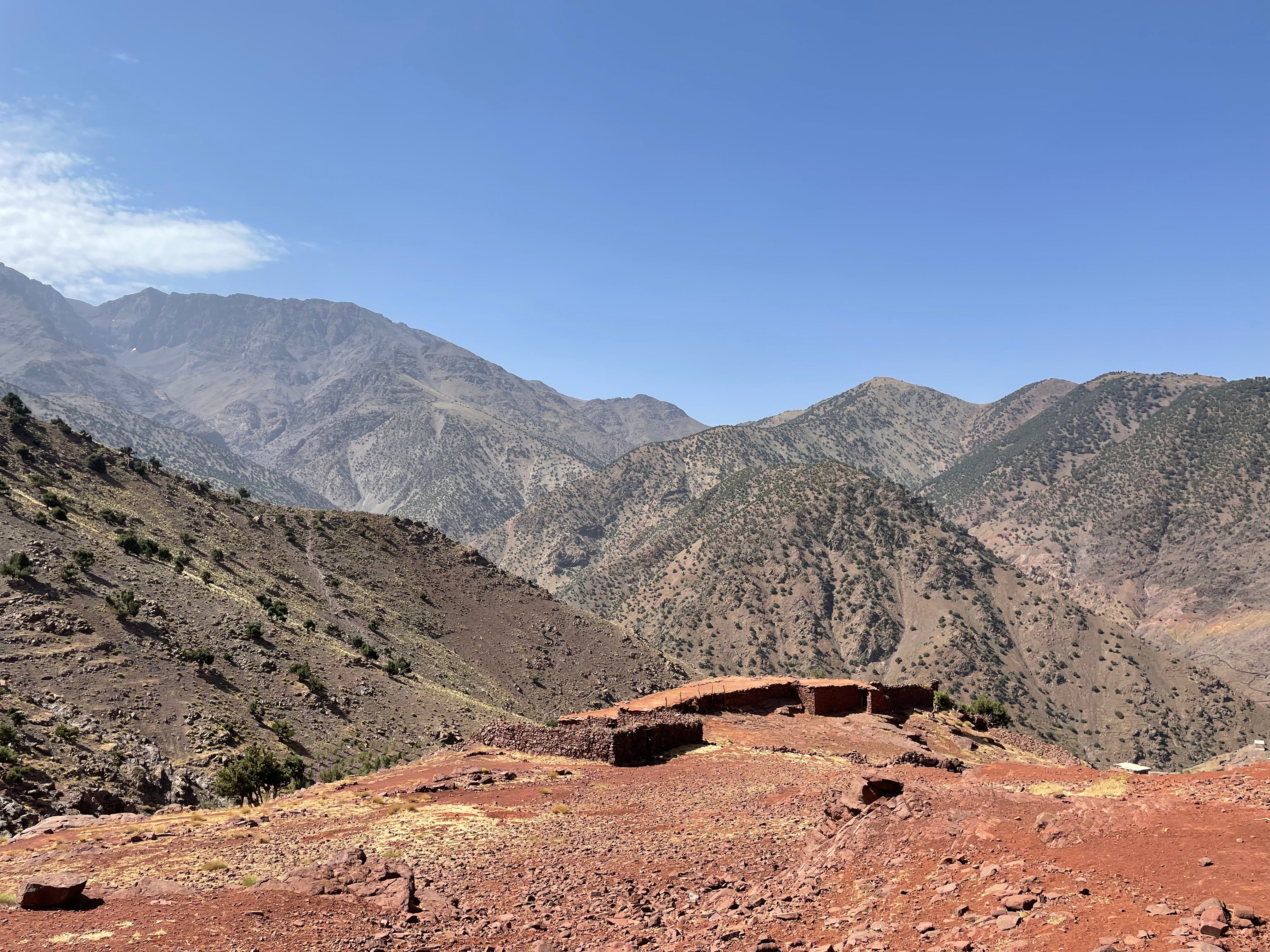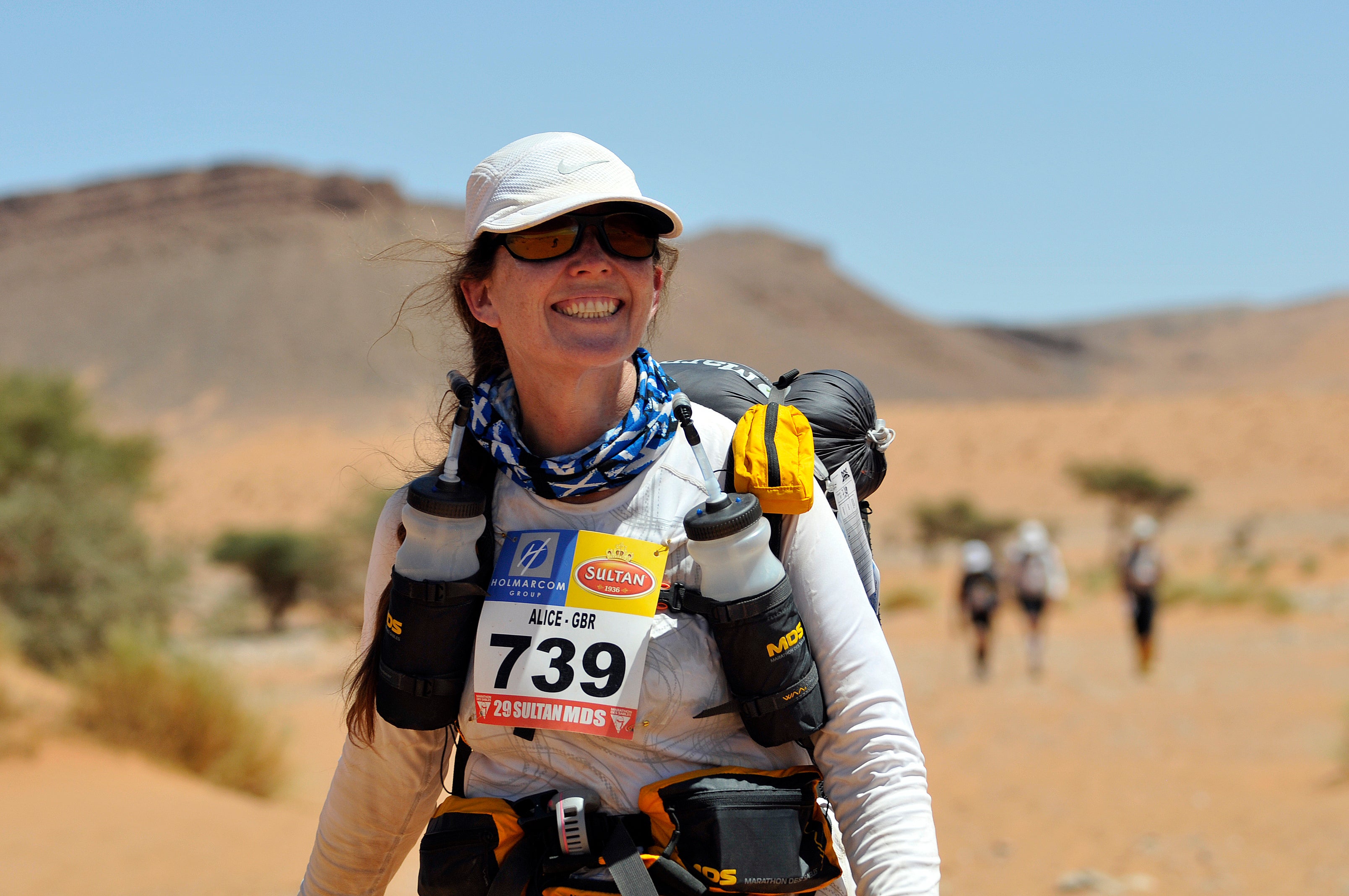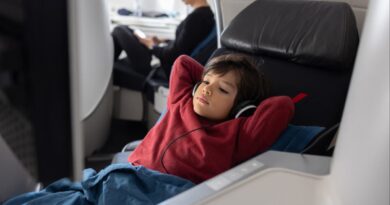I’ve hiked in some of the most extreme heat in the world – this is how I stay safe
Today has brought the news of another tourist dying while hiking in the extreme heat on holiday – the man was climbing Mount Vesuvius with his family when he suffered a suspected heart attack. Sadly, there has been a spate of accidents involving tourists out in the mountains this month. There are six dead or missing in Greece alone, as a heatwave sweeps across the Mediterranean with temperatures frequently sitting in the high 40s. The most high profile case was that of TV doctor Michael Mosley, whose body was found on Aegean island Symi after going out for a steep, rocky walk alone with no mobile phone. These tragic cases remind us of the importance of taking precautions when hiking in heat, especially in rough terrain or unfamiliar conditions when on holiday.
I live in the High Atlas Mountains of Morocco and hike regularly out from my house in all weather. In summer, the temperatures are in the high 30s and sometimes into the 40s, and the sun is extremely strong due to the altitude.
My first introduction to strenuous exercise in extremely hot conditions came when I signed up to run the Marathon des Sables, known as the toughest race on earth. It is six marathons run in six days across the desert and you have to carry all your own food and equipment. To make it harder, you always start at 9.30am when the sun is already high and the middle marathon is a double – 52 miles across the sand dunes. The thermometer regularly hit 50C when I did it.
I still use the hard lessons I learnt then for hot weather hiking in any terrain.

If you have an underlying health condition that might compromise your circulation, it’s not advisable to go hiking in the intense heat. Yet even if you are healthy, there are still risks.
One of the dangers of hiking in the heat is that it can bring on heatstroke. This is when the body can’t control its own temperature – sweating fails, and the body can’t cool down. This happens surprisingly quickly. Within 10–15 minutes your body temperature can be out of control. In the most severe cases you can suffer organ failure and cardiovascular collapse.
Read more on hiking and trekking at Independent Travel
Another potentially fatal is dehydration, which can lead to kidney failure. This when your body loses more fluid than it takes in and then doesn’t have enough to function. This is particularly dangerous in the mountains when not only are you at risk of falling and hurting yourself, but you are often not within easy access of medical help.
The heat can also be more intense in the hills or mountains. At higher altitudes, the thinner atmosphere will filter out less UV radiation. For every 1,000m increase in altitude, the UV radiation level will increase about 12 per cent.
Time of day is also a major factor. If you are on a long day hike you won’t be able to avoid the middle of the day when the heat is strong. The old saying goes that ‘mad dogs and Englishmen go out in the midday sun’, but the heat is most intense between 3pm and 6pm. That’s because gases in the atmosphere continue to absorb heat from both direct sunlight and the ground surfaces, which radiate energy back into the surrounding air.
These are the precautions that I take when heading out for a hike in the mountains.

Never hike without water
First of all, you must take enough water with you. I would say that you need a good three litres for a full day’s hiking. I would never go on a walk of an hour or more with less than a litre. Many people don’t want to carry that, as one litre weighs about one kilogram – but it is worth it. And drink it! Don’t just leave the water in your bag. A CamelBak water hydration system is brilliant for constant fluid intake.
Bring electrolytes
I recommend using electrolytes and/or salt tablets. They replenish much of what you will be losing through sweat. I took one salt tablet every half hour during Marathon des Sables and I always take a couple of electrolyte tablets out with me for any hike of four hours or more.
Cover up
You will never see anyone who comes from a hot, arid climate wearing skimpy shorts and a vest. Make sure you cover up – long sleeves and long trousers are ideal. You will lose more moisture if your skin is exposed to the sun. Covering up will also avoid sunburn, which can lead to sunstroke. You should also take warm clothes to put on when you stop. Your body temperature will be elevated and so you will chill very quickly. Hiking-specific technical clothes are best – wicking materials are great, whether they be synthetic or Merino wool.

Protect your head
A cap and something to cover the back of your neck are absolute necessities. If the sun is pounding down on you, I find that wetting a scarf or light towel and just putting it over my cap helps – although you won’t win any points for style.
Safety equipment and comms
You should always have a fully charged mobile with you and have made sure that you have told someone where you are going and when they should expect you back. If you are on your own, it is a great idea to actually have a satellite tracker with you (there are some reasonably priced hiking ones) and have someone back home who can log on to see where you are and if you are moving. A first aid kit that includes rehydration salts is also a necessity. Since mobile phones run out of battery or may not have service, the old-fashioned equipment of a map and compass can be invaluable when on a long hike – just make sure you know how to use them.
Take action early
If you start to feel queasy or dizzy or just a bit disoriented: stop! Find or rig up some form of shade and rest under it. Eat something sweet, like a biscuit, some dates or raisins, and drink small sips of water. This is the time to take an extra salt tablet or electrolyte. Wet something and put it over your head and face. Cool your neck with it and the inside of your wrists. Breathe as deeply as you can – although this can be difficult when it is hot – and try to calm your mind and body. If, after 10 minutes, you are still feeling strange, then it is time to call for help.
I’m always an advocate for getting outdoors and enjoying yourself. However, you do have to be both prepared and equipped. If not, or if you feel any doubts, maybe do something else instead that day. As we have seen, there can be devastating consequences to hiking in the heat.
Alice Morrison’s new series, ‘Arabian Adventures: Secrets of the Nabateans’, is on BBC News on the first and second weekends of June and will be on BBC iPlayer after that.




